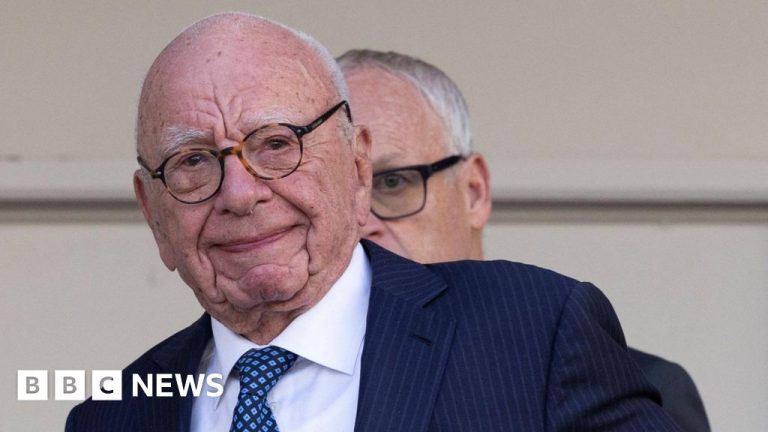A veritable “succession” battle for Rupert Murdoch's media empire has ended with a Nevada court commissioner rejecting the billionaire's attempt to amend a family trust and give control to his eldest son.
The case pitted the 93-year-old against three of his children over who would gain the power to control News Corp and Fox News upon his death.
It was reported that Mr Murdoch wanted to amend a family trust set up in 1999 to allow his son Lachlan to take control without “interference” from his siblings Prudence, Elisabeth and James.
A Nevada commissioner ruled that Mr. Murdoch and Lachlan had acted in “bad faith” and called the efforts a “carefully crafted charade,” according to the New York Times.
In a statement, a spokesperson for Prudence, Elisabeth and James said: “We welcome Commissioner Gorman's decision and hope we can move beyond this litigation to focus on strengthening and rebuilding relationships between all family members.”
Adam Streisand, Mr. Murdoch's lawyer, told the New York Times that they were disappointed and planned to appeal.
The BBC has contacted Mr Streisand for comment.
The famous family was one of the inspirations for the hugely popular TV series Succession – a subject the Murdochs have always refused to comment on.
But, according to the New York Times, which relies on a copy of the sealed court decision, the billionaire's children had begun discussing their father's death and how they were going to handle it after an episode of the HBO series in which “the family patriarch dies, leaving his family and business in chaos.”
The episode led Elisabeth's representative to the trust to draft an “'estate' memo” aimed at preventing this from happening in real life, according to reports.
Mr Murdoch, who has been married five times, also has two younger children, Grace and Chloe, who have no voting rights under the trust agreement.
The case was launched after Mr Murdoch decided to change trusts due to concerns about a “lack of consensus” among children, the Times reported.
Lachan is believed to be more conservative than his siblings and would preserve the legacy of his media brands.
Beginning in the 1960s, Mr. Murdoch built his media empire into a global media giant with major political and public influence.
Its two companies are News Corporation, which owns newspapers including the Times and the Sun in the United Kingdom and the Wall Street Journal in the United States, and Fox, which broadcasts Fox News.
Mr. Murdoch was grooming his two sons to follow in his footsteps, starting as teenagers, journalist Andrew Neil said in the 2020 BBC documentary, The Rise of the Murdoch Dynasty.
“Family was always very important to Rupert Murdoch, particularly from the point of view of building a dynasty,” said the former Sunday Times editor.
In 1999, the Murdoch Family Trust, which owned the media companies, was supposed to largely sort out succession plans.
This led Mr Murdoch to give his older children various jobs within his companies.
The trust gives the family eight votes, which it can use to have a say on the boards of News Corp and Fox News.
Mr Murdoch currently controls four of those votes, with his eldest children controlling one each.
The trust agreement stipulated that once Mr Murdoch died, his votes would pass equally to his four eldest children.
However, differences in opinions and political views reportedly led to a family breakdown.
The battle over changes to the trust was not about money, but rather about power and control over the future of the Murdoch empire.
The commissioner's decision is not final, the Times reports. The filing with the court constitutes a recommended resolution, but a district judge will still have his opinion and could choose to rule differently.
Additional reporting by Michelle Fleury and Charlotte Edwards

